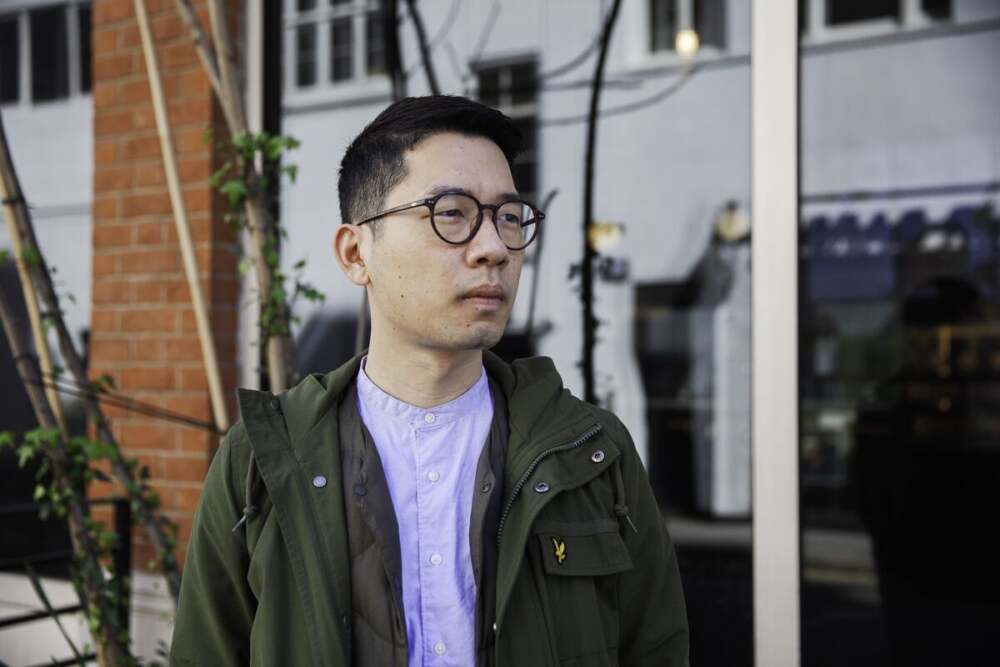Nathan Law, a prominent Hong Kong pro-democracy activist now living in exile, says he was denied entry into Singapore over the weekend under what he suspects were politically charged circumstances. The incident has drawn international attention, raising concerns about political repression beyond borders and the role of countries in managing dissident visits.
What Happened
Law, who fled Hong Kong in 2020 following the imposition of a sweeping national security law, traveled from San Francisco in order to attend a private, invitation-only event in Singapore. He had secured a visa in advance. However, upon arrival, he was detained for hours at the airport and later informed that entry would be refused. He was placed on a flight back to the U.S. shortly thereafter.
Despite having a valid visa, Law reports he was held for approximately four hours by immigration authorities and then ultimately denied entry without being given a formal explanation. He suspects the decision was politically motivated, though he does not have confirmation as to whether any foreign government or entity, including China, was directly or indirectly involved in influencing Singapore’s decision.
Official Position & Legal Context
Singapore’s Home Affairs Ministry confirmed the refusal, stating that all visa holders are subject to further checks at the border, and that in this case, Law’s entry was denied on grounds that it would not be in Singapore’s national interest. The government also noted that Law is wanted by Hong Kong authorities under the city’s national security law, with accusations including colluding with foreign forces and inciting secession.
Importantly, although Singapore and Hong Kong have extradition arrangements, those treaties reportedly do not cover offenses related to national security in many contexts. This complicates matters for activists like Law, who are charged under such laws by Hong Kong authorities but seek safety abroad.
Background & Reactions
Nathan Law rose to global prominence during Hong Kong’s protests in 2014. Since fleeing Hong Kong, he has continued his activist work from abroad. The national security legislation enacted in Hong Kong in 2020 has led to arrests, travel bans, and indictments of many pro-democracy figures. Law had also had his passport revoked by Hong Kong, and a bounty was issued for his arrest by its authorities.
Legal scholars and observers suggest Singapore’s move reflects its consistent stance of avoiding becoming a platform for external political conflicts. Some also point out the delicate diplomatic tightrope Singapore must walk in balancing relations with China, Hong Kong, and its broader international obligations.
Law described being held in a facility typically used for individuals who are to be deported. Although he was not given specific reasons for being denied entry, he said he believes politics played a role. Laws and immigration rules in many countries allow for visa holders to be refused entry if their presence is deemed against national interest, even after visa issuance.
Implications
- For Nathan Law and activists abroad: This incident underscores the risks faced by exiled dissidents when traveling, even with legal permissions.
- For Singapore: The country’s decision will likely be scrutinized by rights groups and media, especially in light of its track record on upholding human rights and its relationships with China and Hong Kong.
- Diplomatic ripple effects: There may be international concern over whether governments are under external pressure to limit the movements of dissidents who are critical of certain regimes.
















Leave a Reply